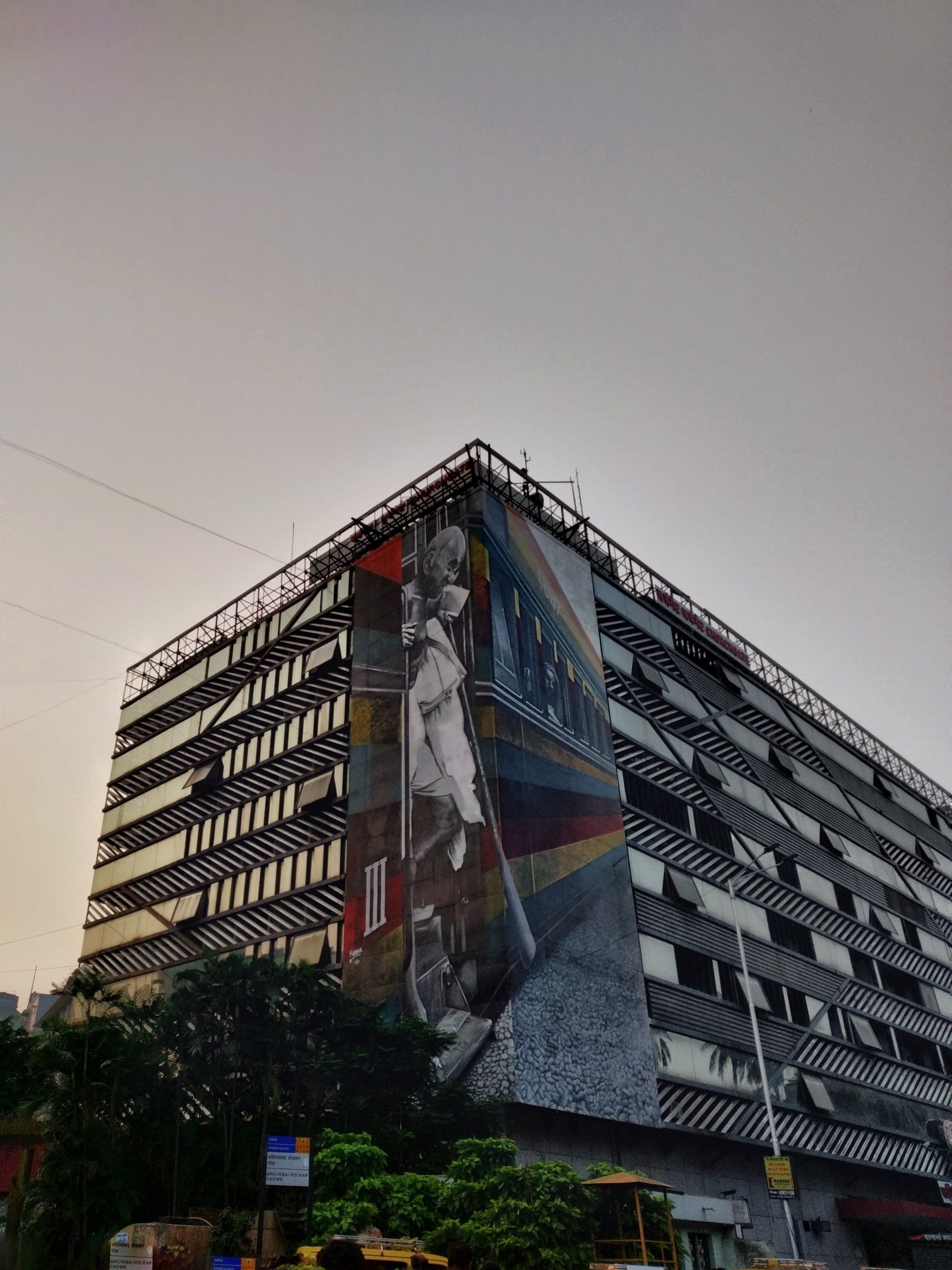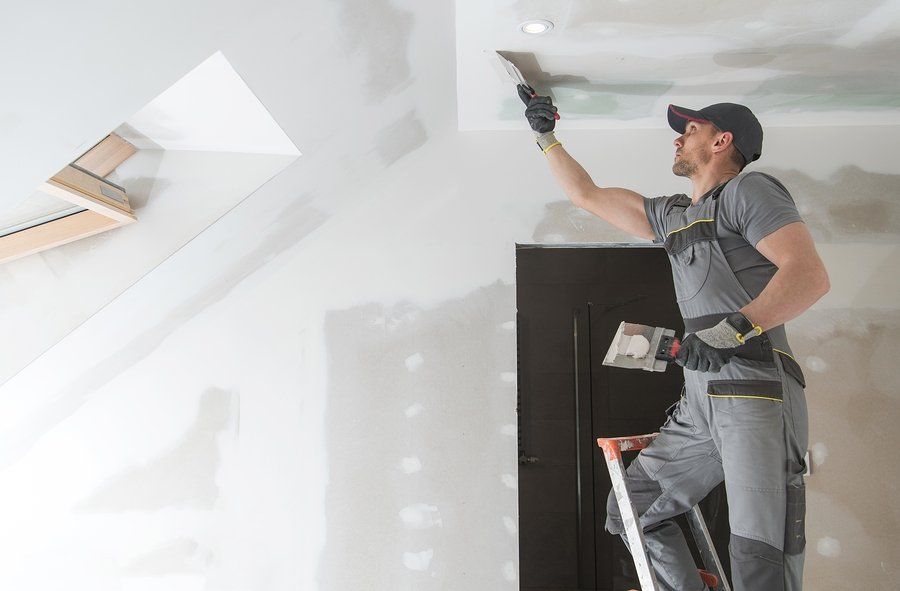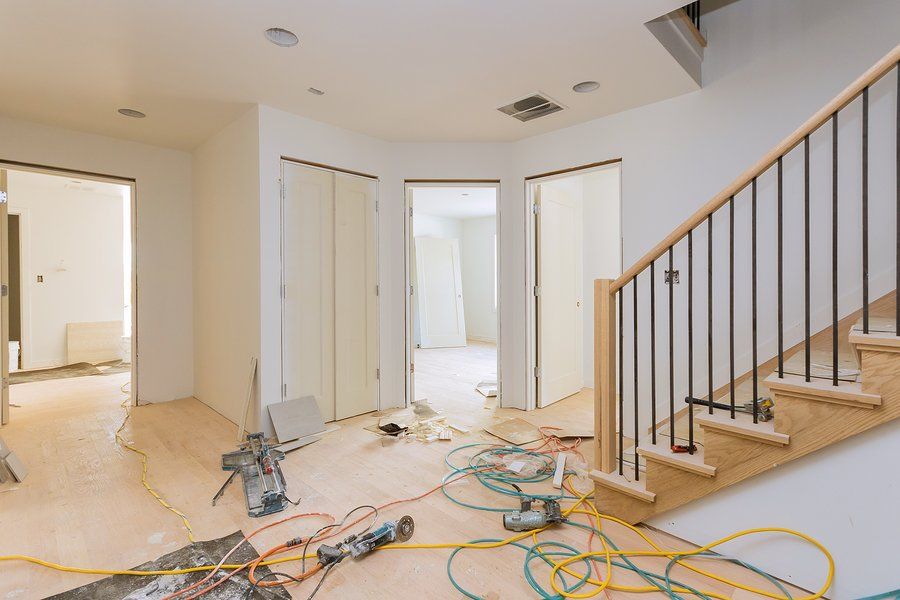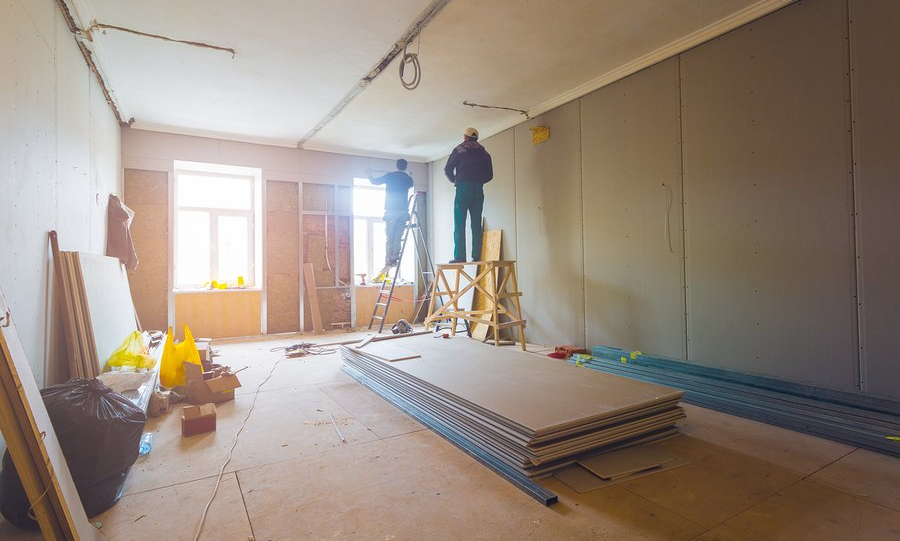Building Big: The Technologies Redefining Commercial Construction
Unlocking Innovation in Construction: A Deep Dive into Commercial Construction Companies in Atlanta, Georgia
In the dynamic landscape of urban development, commercial construction companies are pivotal players. As cities like Atlanta continue to expand and modernize, the demand for sophisticated, reliable, and efficient commercial construction solutions has escalated. This guide explores how top commercial construction companies are leveraging cutting-edge technologies to redefine the sector, with a special focus on the vibrant scene in Atlanta, Georgia.

The Evolution of Commercial Construction
The realm of commercial construction has undergone significant transformation, driven by advancements in technology and shifting market demands. Companies engaged in these projects not only focus on erecting structures but also emphasize sustainable building practices, cost efficiency, and speed of construction. Let's explore how these elements are being integrated into modern commercial construction projects.
Key Technologies Transforming the Industry
1. Building Information Modeling (BIM)
Top commercial construction companies are increasingly adopting Building Information Modeling (BIM) technology. BIM facilitates the creation of digital blueprints that include detailed information from architectural designs to engineering specifics. This technology enhances coordination among stakeholders, reduces conflicts and changes during construction, and streamlines workflow.
2. Prefabrication and Modular Construction
Commercial construction companies in Atlanta, GA, and beyond are turning to prefabrication and modular construction techniques. These methods involve assembling components of a building in a factory setting and then transporting them to the construction site for quick assembly. This approach not only speeds up the construction process but also reduces waste and improves overall quality.
3. Green Building Technologies
Sustainability is a major focus for commercial construction companies in Atlanta and across the globe. Technologies that support green building practices are becoming standard. From energy-efficient systems and materials to designs that optimize water use and enhance indoor environmental quality, commercial construction is more eco-friendly than ever.
4. Smart Construction Equipment
Advanced equipment embedded with IoT (Internet of Things) capabilities allows for real-time tracking of construction progress, equipment usage, and maintenance needs. This technology ensures that commercial construction companies can achieve better precision and efficiency, reducing downtime and enhancing safety on the job site.
5. Augmented and Virtual Reality (AR/VR)
AR and VR technologies are not just for gaming; they're revolutionizing the construction industry as well. By using AR goggles or VR headsets, project managers and clients can walk through a 3D model of their project, understanding space utilizations and design elements before construction even begins. This is particularly advantageous for commercial construction companies in Georgia, where intricate designs and innovative projects are common.
The Impact on Atlanta's Landscape
Commercial construction companies in Atlanta, GA, are at the forefront of adopting these technological advancements. The city's skyline is a testimony to the innovative work of these companies, showcasing a blend of modern aesthetics, sustainable designs, and high functionality. From towering office buildings to expansive commercial hubs, the influence of advanced construction techniques is evident.
Challenges and Considerations
Despite the benefits, there are challenges. Integrating new technologies involves upfront costs and training requirements. Moreover, as projects become more technologically complex, the need for highly skilled workers intensifies. Commercial construction companies must therefore balance innovation with practical project management and workforce development strategies.
Advancing Construction Management Through AI and Machine Learning
As the commercial construction industry continues to evolve, artificial intelligence (AI) and machine learning are playing increasingly critical roles. These technologies enable commercial construction companies to predict project risks, manage resources more efficiently, and ensure that timelines are met. AI algorithms can analyze vast amounts of data from ongoing projects to forecast potential delays or logistical issues, allowing project managers to make proactive adjustments.
Data-Driven Decision Making
Commercial construction companies in Atlanta and across Georgia are harnessing data analytics to make informed decisions throughout the construction process. By collecting and analyzing data from various sources, including past projects and real-time inputs from active sites, companies can optimize everything from material procurement to labor deployment. This not only increases operational efficiency but also drives down costs, which is vital in a competitive market like Atlanta.
Enhanced Communication Tools
Communication is crucial in commercial construction, where multiple teams and stakeholders must collaborate closely. Modern communication tools integrated with project management software enable seamless interaction between architects, engineers, contractors, and clients. These tools support file sharing, real-time updates, and collaborative feedback, ensuring that everyone is on the same page and reducing the risk of costly misunderstandings or errors.
Integrating Advanced Materials and Techniques
Innovation in commercial construction is not limited to digital technologies. Advanced materials and construction techniques are also pivotal in transforming the industry. Self-healing concrete, energy-generating solar tiles, and thermally efficient insulating materials are becoming more prevalent. These materials help commercial construction companies build structures that are not only more durable and sustainable but also cost-effective over their lifespan.
Focus on Safety Enhancements
The adoption of technology has also significantly enhanced on-site safety—a top priority for commercial construction companies in Atlanta, GA. Wearable technology, like smart helmets and vests, monitor workers' health indicators and send alerts if hazardous conditions are detected. Drones conduct site surveys, inspect hard-to-reach areas, and provide real-time monitoring without putting workers at risk.
Economic and Community Impact
The technological advancements embraced by commercial construction companies have substantial economic implications. By increasing efficiency and reducing waste, these companies contribute to a leaner, more dynamic economy. Moreover, the construction of commercial buildings, such as malls, offices, and mixed-use developments, stimulates local economies by providing jobs and enhancing community infrastructure.
Training and Development
With the rapid integration of new technologies, there is a growing need for continuous training and professional development in the construction industry. Commercial construction companies in Atlanta and throughout Georgia are investing in training programs to ensure their teams are proficient in the latest technologies. This not only enhances project outcomes but also boosts employee morale and retention by providing career development opportunities.
Looking Ahead
The future of commercial construction looks promising, with continuous innovations shaping the way buildings are designed, constructed, and maintained. As commercial construction companies in Atlanta, GA, and around the world push the boundaries of what is possible, they set new standards for the industry at large. The integration of technology in construction is not just about building smarter; it's about creating a sustainable future for the industry and the communities it serves.
In conclusion, the technological renaissance in commercial construction is not merely a trend but a fundamental shift in how companies operate and build. Those who embrace these changes propel themselves and the urban landscapes they shape into a new era of construction, characterized by efficiency, sustainability, and innovation.










